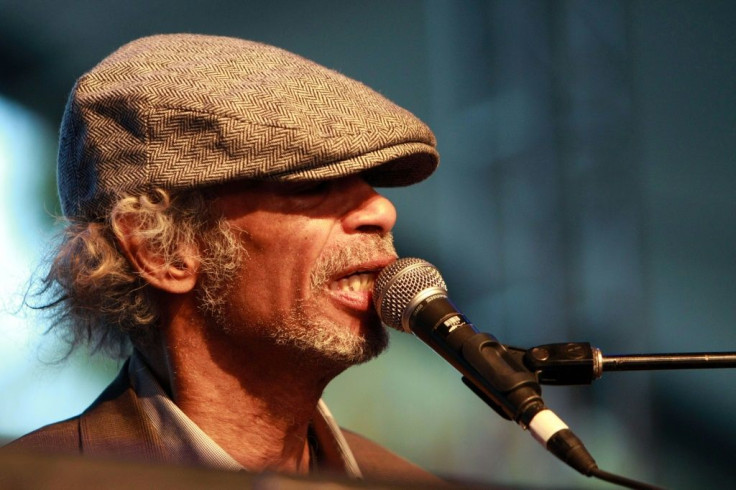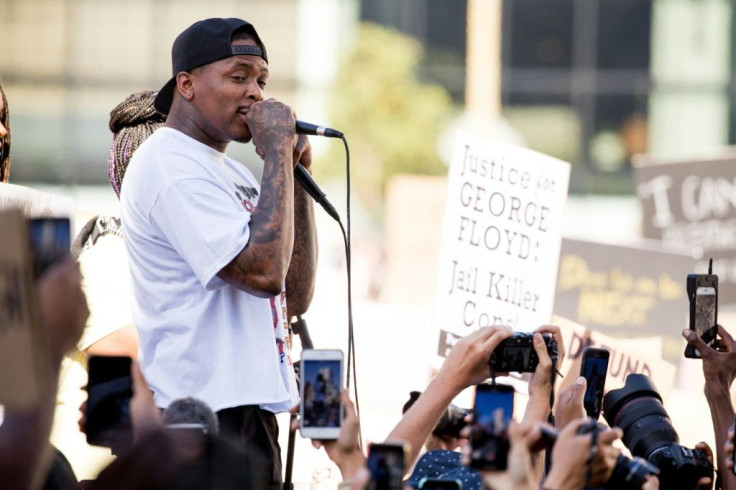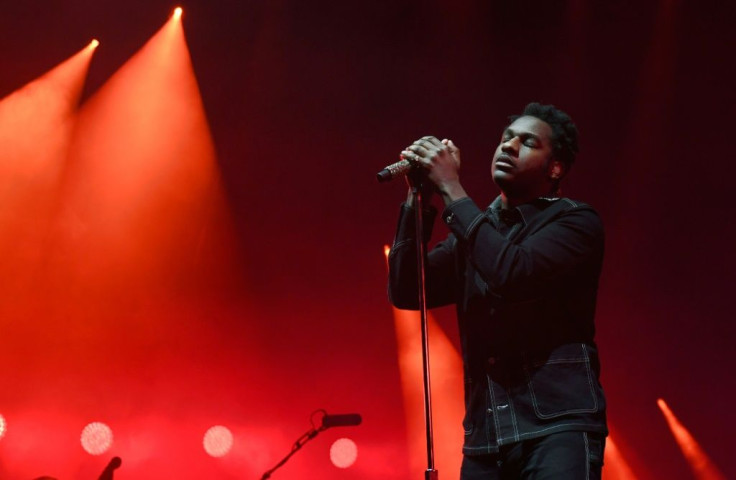Fight The Power: The Soundtrack Of US Anti-racism Protests
Anti-racism protesters have rolled out a creative batch of chants to soundtrack the ongoing US demonstrations, but both fresh music and timeless classics are also front and center.
Rapper YG's recently released "FTP" has become a de-facto anthem for the thousands of people pouring into the streets, whose demands include sweeping reforms of law enforcement after the latest death in custody of an unarmed black man, George Floyd.
Spotify's "Black Lives Matter" playlist -- a 66-track song list that includes justice-minded hits from James Brown, Killer Mike, Nina Simone, NWA, Childish Gambino, Beyonce and Kendrick Lamar -- has won over nearly one million subscribers.

And the streaming platform's daily "Viral 50" list has seen classics like Gil Scott Heron's "The Revolution Will Not Be Televised" -- a spoken-word song from 1970 whose title came from a slogan used by US Black Power movements -- break into the top 10.
Public Enemy's "Fight the Power" has also seen a resurgence.
The Prince estate meanwhile released a new video centered on police brutality for the late artist's song "Baltimore," which he originally wrote and released in 2015 following the death in police custody of Freddie Gray, who was black.

Singer Trey Songz released the gospel-tinged song "2020 Riots: How Many Times," in response to the recent wave of protests, while folk and soul singer Leon Bridges released "Sweeter," a meditation on racism.
"The death of George Floyd was the straw that broke the camel's back for me," Bridges, who was born in Texas, posted.
"I have been numb for too long, calloused when it came to the issues of police brutality," he said.

"It was the first time I wept for a man I never met. I am George Floyd, my brothers are George Floyd, and my sisters are George Floyd. I cannot and will not be silent any longer."

For Fredara Hadley, an ethnomusicology professor at the Juilliard School, the black experience has long been the primary driver behind protest music in the US, from abolitionists latching on to spirituals to the 1960s Civil Rights movement powered by jazz, rock, soul and R&B.
"Black music and black ambitions were allowed to occupy spaces that... the general black population could not," she said. "It served as an ambassador and avatar of blackness in complicated kinds of ways."
"You had those musicians writing music that directly responded to and was engaged with whatever was happening in the movement."
Kendrick Scott, a New York-based jazz drummer, recently composed an instrumental piece that he mixed with audio of George Floyd's dying words and protesters chanting his name.
He said that while writing, he imagined himself on the front lines of the protest, playing his drums in front of the police "with everybody behind me saying his name."
Using Floyd's own words was painful, Scott said, but "I wanted people to have that visceral reaction of really feeling that, not just imagining it."
"I just wanted to use my instrument, and my voice -- which I think is what I do best -- in working for change," he added.
Hadley said the internet age gives artists and listeners "this direct way of being in dialogue with the moment."
"You have this ongoing dialogue which says there is no distance between black musicians and black communities," she explained.
"They can be our amplifiers, our chroniclers -- help us memorialize what we've lost."
Scott agreed, saying black music is one of the United States' most vibrant exports.
"I travel around the world, and I hear black American music everywhere in every corner," he said.
"Black American music is the sound of America."
© Copyright AFP 2024. All rights reserved.





















